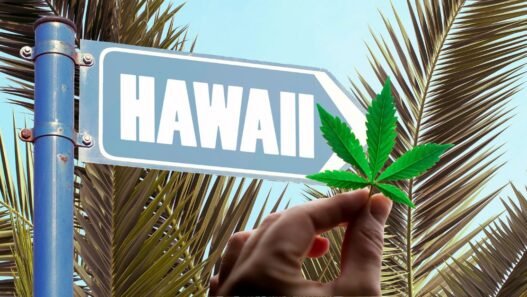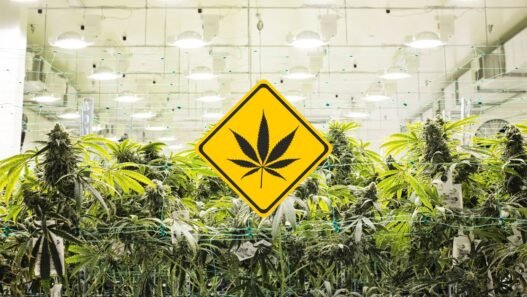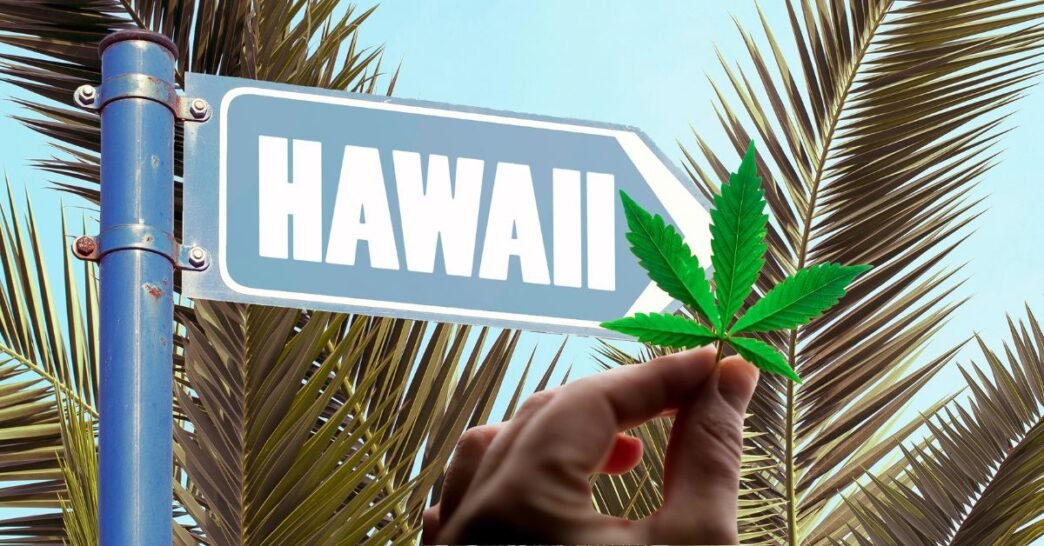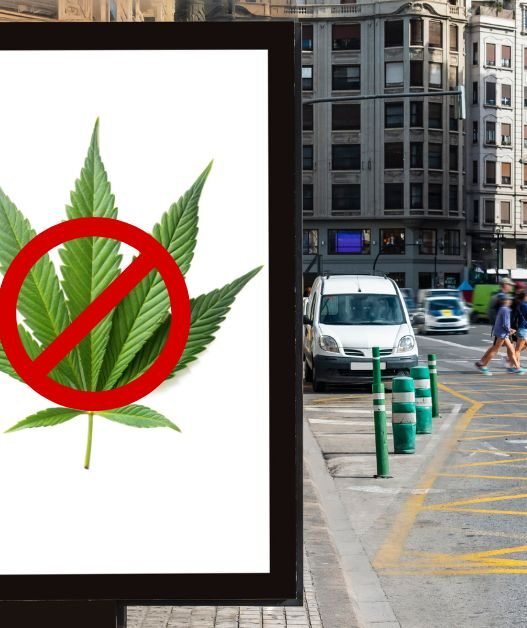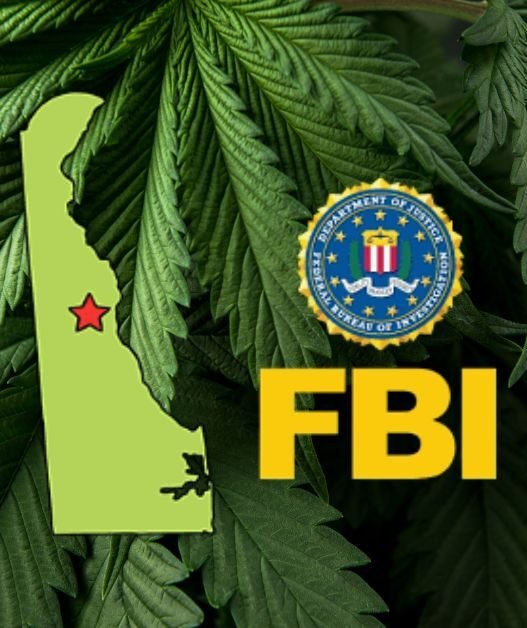After years of discussion, Hawaii is taking significant steps toward joining the growing list of states that have legalized recreational cannabis. In a pivotal development, two House committees have approved a comprehensive bill that would not only legalize adult-use cannabis but also create a unified regulatory structure for the state’s cannabis and hemp industries.
The Bill Advances Through Committees
On Tuesday, Hawaii’s House of Representatives saw HB 1246, sponsored by Democratic Rep. David Tarnas, gain approval from two key committees. The Committee on Judiciary and Hawaiian Affairs voted 6-4 in favor, while the Committee on Agriculture and Food Systems gave unanimous support with a 5-0 vote.
“This is a one-plant approach so that it would under this office regulate medical cannabis, adult-use cannabis and hemp products that are for consumption or use on the skin by humans. It would not include industrial hemp for construction or for cloth,” explained Tarnas, who also chairs the Judiciary and Hawaiian Affairs Committee.
This legislative movement represents a significant shift for Hawaii, which has had a medical cannabis program since 2000 but has repeatedly fallen short of full legalization. A companion measure, SB 1613, is currently pending in the Hawaii Senate, indicating coordinated efforts across both chambers.
What Would Legalization Look Like in Hawaii?
If HB 1246 passes the legislature and receives Governor Josh Green’s signature, here’s what Hawaii residents can expect starting January 1, 2026:
Personal Possession and Cultivation
- Adults 21 and older could legally possess up to one ounce of cannabis flower
- Possession of up to five grams of cannabis concentrates would be permitted
- Limited home cultivation for personal use would be allowed
Local Business Protection
The legislation includes notable protections for local businesses, addressing concerns about large mainland corporations dominating the market. Rep. Tarnas highlighted this aspect:
“The bill includes a five-year residency requirement, which will limit who can be licensed and prevent these out-of-state corporations from obtaining licenses.”
This provision aims to ensure that economic benefits from cannabis legalization remain primarily within Hawaiian communities, supporting local entrepreneurs rather than multi-state operators.
Tax Structure
The bill proposes a 14% tax rate on recreational cannabis sales, while maintaining the current 4% tax on medical marijuana purchases. This dual structure preserves affordability for medical patients while generating new revenue from recreational sales.
The legislation notes that other states with legal recreational cannabis “have witnessed substantial benefits from the revenue generated through taxes, including use and licensing fees, as well as general excise and sales taxes on the non-medical adult-use cannabis industry.”
Creating the Hawaii Cannabis and Hemp Office
A cornerstone of HB 1246 is the establishment of a new regulatory body—the Hawaii Cannabis and Hemp Office. This agency would be housed within the Department of Commerce and Consumer Affairs and would have comprehensive oversight responsibilities:
- Developing regulations for the cannabis and hemp industry
- Registering medical cannabis patients
- Licensing cannabis and hemp businesses
- Establishing a seed-to-sale tracking system
- Prioritizing public health and safety
The bill outlines specific timelines for implementation, with interim rules due by the end of this year and final regulations to be approved by December 31, 2030. This long-term approach aims to create a carefully structured market that addresses both economic opportunities and public health concerns.
Mixed Public Reaction
Before Tuesday’s committee hearing, lawmakers received over 300 pages of testimony from state agencies, advocacy groups, and members of the public, revealing deeply divided opinions.
“We have received testimony—95 in support, 135 in opposition and comments from 11,” Tarnas acknowledged. “So you can tell, this is really in many ways a divisive issue. It’s got people with strong feelings on both sides.”
This division reflects broader national conversations about cannabis legalization, with supporters emphasizing economic benefits and criminal justice reform, while opponents express concerns about public health impacts and youth access.
Social Equity Provisions
This year’s legislation appears to address social equity concerns more comprehensively than previous attempts. Nikos Leverenz, board president of Drug Policy Forum of Hawaiʻi, noted that “This year’s legislation is a significant improvement over last year’s bill.”
Leverenz highlighted several key provisions in the current proposal:
- Craft cannabis licenses to support small producers
- Social equity licenses to address historical disparities
- Grants for community programs, including youth initiatives
- Measures to address the disproportionate impact of cannabis criminalization on Native Hawaiian and Pacific Islander populations
“Far too many are still harmed by criminalization, particularly those who are Native Hawaiian and Pacific Islander. Cannabis criminalization also contributes to Hawaii having the longest average term of probation in the nation,” Leverenz explained.
These social equity components may help build broader support for the legislation, particularly among communities that have faced disproportionate impacts from cannabis prohibition.
Next Steps and Historical Context
Before reaching the full House for a vote, HB 1246 must still gain approval from the House Finance Committee and the House Consumer Protection and Commerce Committee. This multi-committee review process reflects the bill’s broad implications across government functions.
Last year, similar legislation passed the Hawaii Senate but failed to gain approval in the House, highlighting the challenges of navigating cannabis policy through the entire legislative process. However, with improved provisions and growing support for legalization nationwide, advocates are optimistic about this year’s prospects.
If successful, Hawaii would join 24 other states and Washington D.C. in legalizing recreational cannabis, adding a unique island perspective to the nation’s evolving cannabis landscape. The state’s approach, with its focus on local business development and unified regulation across cannabis and hemp sectors, could provide a template for other regions considering similar policies.
As the bill progresses through the remaining committees and potentially to the governor’s desk, Hawaiian residents, businesses, and government agencies will be preparing for what could be a significant shift in the state’s approach to cannabis regulation, economic development, and criminal justice.
For now, the advancement through these first two committees represents a meaningful step forward in a journey that has been years in the making for cannabis advocates across the Hawaiian islands.

